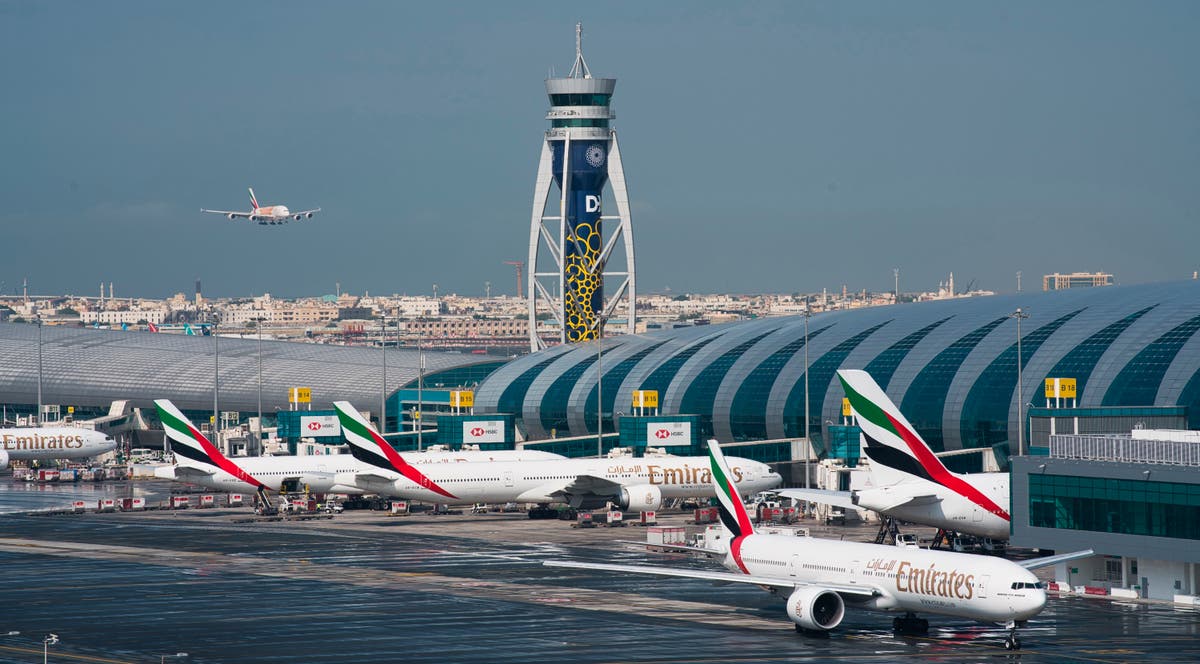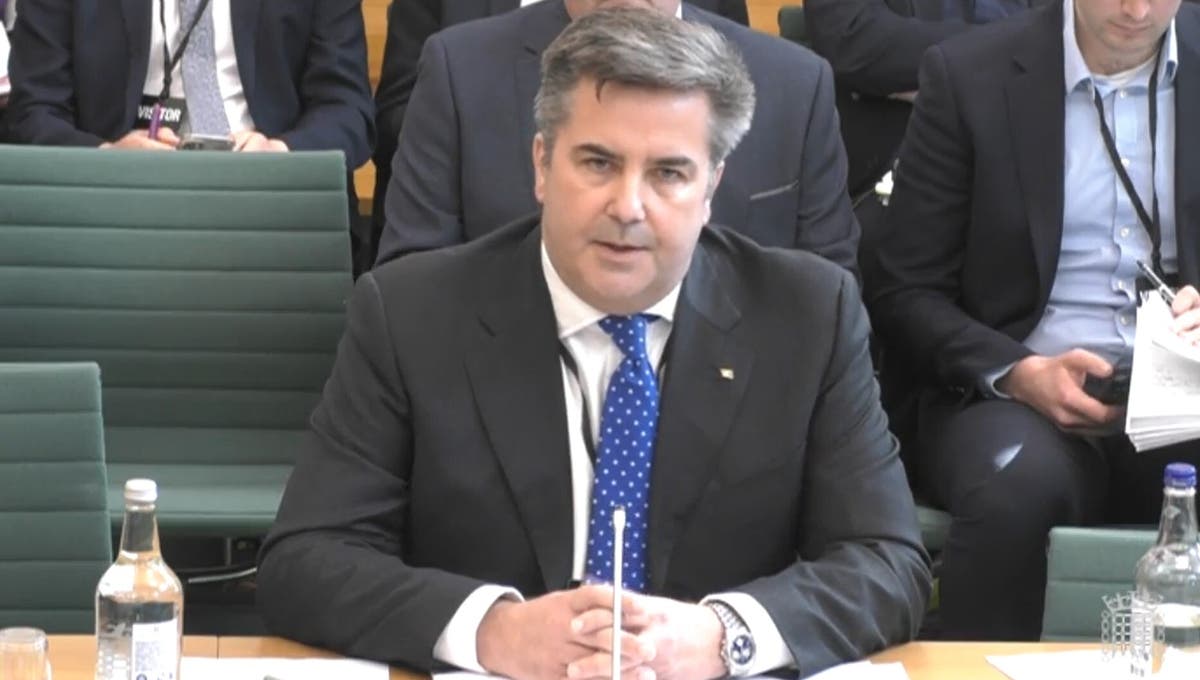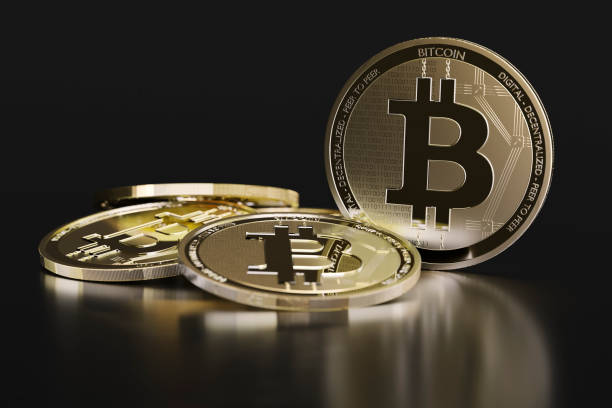London-Paris rail rival to Eurostar ‘may well happen’ this time, says expert
Exclusive: Competition for Eurostar between London and Paris has ‘serious financial backing’

Sign up to Simon Calder’s free travel email for expert advice and money-saving discounts
Get Simon Calder’s Travel email
Eurostar may soon face competition after holding a monopoly for rail travel between London and Paris for three decades, according to an internal rail expert
Mark Smith believes the introduction of a rival “keeps everyone on their toes” and would see cuts in fares, telling The Independent: “I’ll believe it when I see it, but this time it may well happen.”
Mr Smith was responding to news that a company named Evolyn has agreed to buy a dozen trains to use between the British and French capitals from 2025 onwards.
Since the first passenger train ran between London Waterloo and Paris Nord in November 1994, Eurostar has had the rail link to itself. The London-Paris flight market, previously the busiest in Europe, collapsed once Eurostar trains were running frequently.
Eurostar switched to London St Pancras International in November 2007, when the High Speed 1 line opened from the station to the entrance to the Channel Tunnel outside Folkestone.
The train operator also serves Brussels and Amsterdam from London, and has merged with Continental operator Thalys to provide connections at the Belgian capital to Germany and the Netherlands.
Over the years, several companies have announced plans to compete with Eurostar. The most serious bid was from Deutsche Bahn (German Railways), which in 2013 ran an intercity express train to St Pancras to promote its planned link to Brussels, Cologne, Frankfurt and Amsterdam.
But in 2018, amid Brexit uncertainty, the project was shelved.
Now Evolyn – whose chief executive is the Spanish transport magnate, Jorge Cosmen – aims to begin cross-Channel rail services by 2025.
The company says it is backed by “important British and French industrial and financial partners”. It plans to invest £1bn in 12 Alstom express trains, with an“option to scale up to 16”.
Mr Cosmen said: “We know that the governments of the United Kingdom and France welcome a project that will allow their citizens to increase the connection options between the UK and several countries in continental Europe with a green alternative that will also contribute to decarbonisation.”
Mark Smith, founder of the rail website Seat61.com, said: “This proposal appears to have serious financial backing.
“I love Eurostar’s service, but competition keeps everyone on their toes and keeps prices down – low prices being few and far between on Eurostar at the moment, for various reasons.”
Booking two days ahead for a train on Sunday 15 October, the lowest Eurostar one-way fare from London to Paris is £172. By air, easyJet has a flight from Luton to Paris Charles de Gaulle for £89 – barely half as much. Booking two weeks ahead, the cheapest Eurostar ticket falls to £51.
In Continental Europe, high-speed international rail competition is flourishing, particularly on some lines within and between Spain, France and Italy. But running trains between London and Paris through the Channel Tunnel is far more complex. The trains must meet exacting technical standards, which must be signed off by multiple organisations.
Mr Smith said: “I suspect that 2025 is on the ambitious side given how long rolling stock approvals for three separate authorities will take.”
Costs are also much higher than on other routes, with substantial fees for running trains on High Speed 1 and through the tunnel. Operators must also pay for security searches and border costs. But the Seat61.com founder says “it’s a lucrative route so this is not an insurmountable obstacle”.
Shortage of available space at both London St Pancras and Paris Nord is another serious constraint. Both stations are 19th-century structures, into which international rail terminals have been implanted.
But neither was designed with the prospect of the UK leaving the European Union. After the Brexit referendu, the British government negotiated for UK passport holders to be treated as a “third-country nationals”, facing the same constraints as travellers from Tonga, Venezuela and many other countries.
The increase in processing times, with each UK passenger required to have their passport checked and stamped, means some Eurostar trains are “capped” in the number of tickets that can be sold. Introducing more services and a second train operator would prove a challenge given the very limited available space – especially when the EU’s entry/exit system is introduced. It will require British travellers to provide a facial biometric and fingerprints.
Mark Smith said: “I can’t believe they haven’t factored this into their plans - converting all that wasted space in the arrivals area would seem the most logical thing to do, if not taking over some retail units to enlarge the current one.”
A spokesperson for Eurostar said: “We have seen the announcement, which is not for us to comment on. Our focus remains on growing sustainable travel in Europe, in the context of the new Eurostar launch.
“The new Eurostar provides an exciting new proposition for our customers: a unique, sustainable travel experience and more Europe - with a new rewards programme to enjoy.”
Speaking at the launch earlier this week, Eurostar’s chief executive, Gwendoline Cazenave, said she was committed to keeping entry-level fares of £78 return available on some off-peak trains.
When Eurostar begin in 1994, the lowest fare between London and Paris was £95 return.
Listen to Simon Calder’s latest podcast on Channel Tunnel rail competition, from the original Eurostar terminal at London Waterloo

 Kass
Kass 































